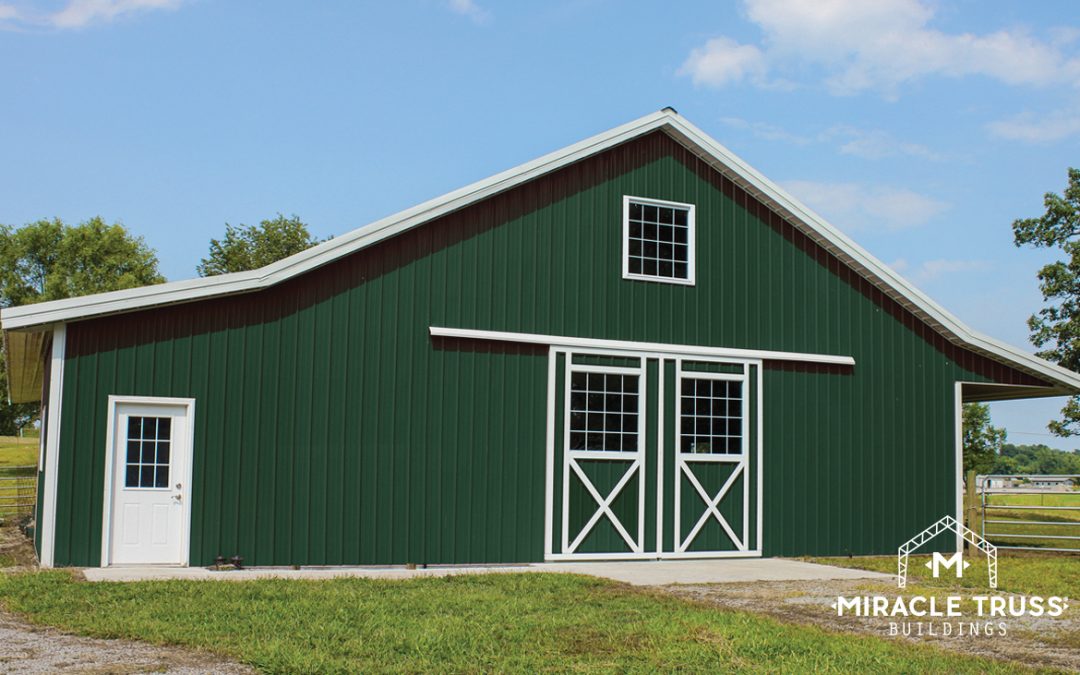You wouldn’t understand it unless you’re a horse person, but it’s a reality that has to be dealt with and which seems extraordinary to those who don’t know much about the equestrian life. The average 1,000-pound horse produces about 50 pounds of manure, and up to 10 gallons of urine every day.
Add the soiled bedding inside their stalls, and you’re looking at cleaning and finding a way to dispose of up to 20 tons a year. Cleanliness is paramount for horses living in a stabled environment.
Why It Has to Stay Clean
Moving above and beyond the bacteria and parasites found in waste, there are two important parts of a horse that must be protected from urine-soaked bedding and manure. Horses have delicate lungs, and their seemingly tough hooves are no match for urea and hippuric acid. As these break down they produce a volatile gas that will irritate the sensitive tissues of your horse’s lungs and eyes. Over time, it can also damage hoof tissue.
That’s why it’s important to keep a horse barn well ventilated. You can also use moisture and odor control methods to reduce problems. Many horse-owners prefer using non-toxic and environmentally friendly products made from minerals known as zeolites. These products absorb ammonia gasses and lock up urine moisture, which reduces insect larvae development. There are less expensive methods – such as using hydrated lime – but it can irritate soft hoof tissue.
Recycling
It’s bad news in the stall, but when properly handled, the nutrients in horse manure and urine can be recycled back into the pasture to fertilize grass and soil. A ton of horse manure is equivalent to 100 pounds of 14-5-11 fertilizer (14% nitrogen/5% phosphorus/11% potash).
It’s important to remove manure an appropriate distance from your horse barn. If you plan to collect it and compost it yourself for fertilizer, make sure you follow agricultural practices and restrictions for your area.
Insect Control
Mosquitoes stable flies, deerflies, horseflies, and horn flies are more than a nuisance to your horse. They can cause stress and weight loss, and even allergic reactions. Yes, your horse can even be infected by West Nile virus from a mosquito bite. What’s more, it’s common for horses bothered by insects to suffer from leg or hoof concussions caused by repeated stomping.
A single female stable fly is able to to produce millions of offspring. Controlling waste is the most effective way to reduce insect problems.
A Clean, Green Approach
Many horse-owners look at steel or metal agricultural building kits to use as barns, or for horse stables and tack rooms. Unlike wood, these materials do not absorb moisture, and they’re easier to maintain. Does this mean you’ve got to deal with an ugly metal box? No way!
Fill out this form to get free information about how we can help you take a DIY approach to building the perfect new horse barn. We’ll even make sure it conforms to the codes for your area.



